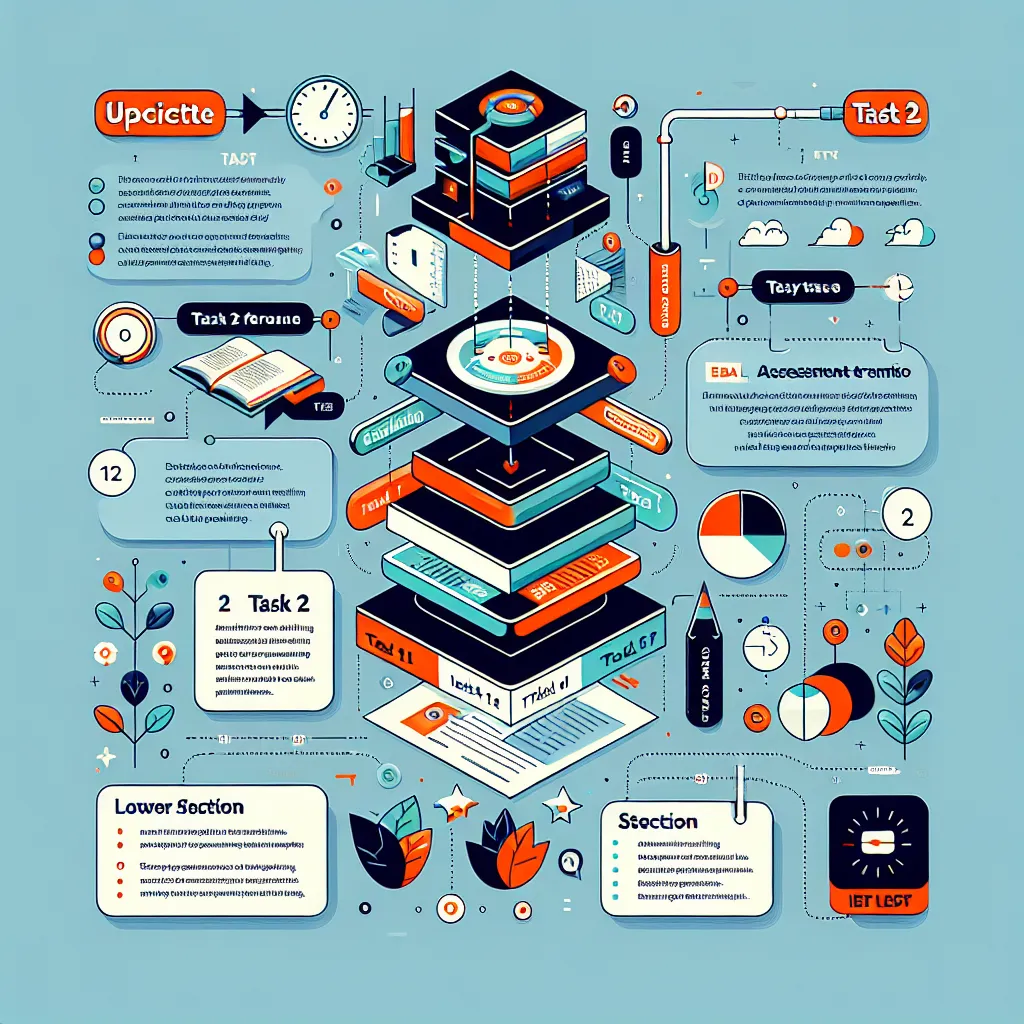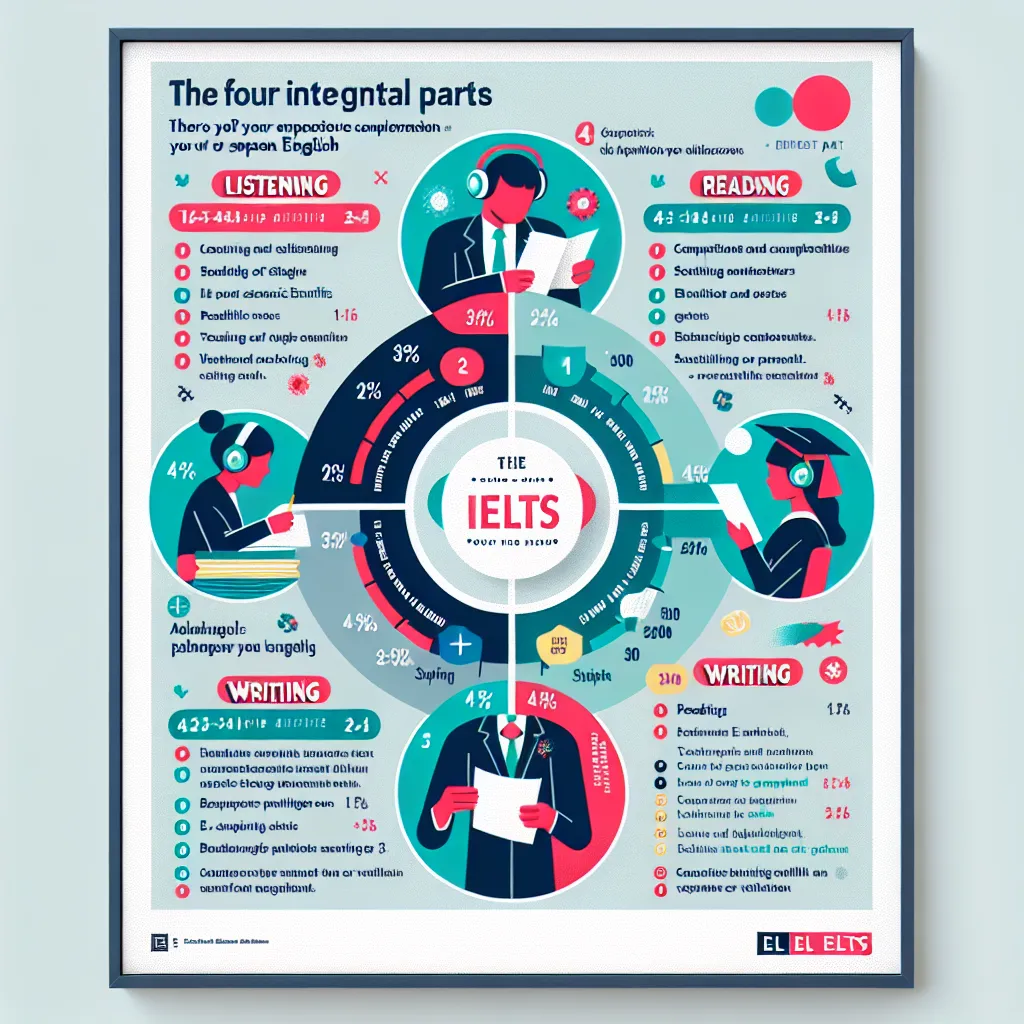Are you preparing for the IELTS exam and feeling anxious about the Reading section? You’re not alone. Many test-takers find this part particularly challenging, often making common mistakes that can significantly impact their scores. In this comprehensive guide, we’ll explore the most frequent errors in IELTS Reading and provide valuable tips to help you avoid them.
Understanding the IELTS Reading Section
Before diving into the common mistakes, it’s crucial to understand what the IELTS Reading section entails. This part of the test assesses your ability to read and understand various types of texts, from academic articles to general interest pieces. You’ll have 60 minutes to answer 40 questions based on three passages, making time management a critical factor.
 IELTS Reading Test
IELTS Reading Test
Common Mistakes in IELTS Reading
1. Poor Time Management
One of the most prevalent mistakes is failing to allocate time effectively. Many candidates spend too much time on one passage, leaving insufficient time for the others.
How to avoid it:
- Practice with timed mock tests
- Allocate about 20 minutes per passage
- If you’re stuck on a question, move on and return to it later if time permits
2. Not Reading the Instructions Carefully
It’s easy to overlook important details in the instructions, leading to unnecessary errors.
How to avoid it:
- Read all instructions thoroughly before starting
- Pay attention to word limits for answers
- Note whether you should answer with words from the text or your own words
3. Misinterpreting Questions
Some test-takers rush through the questions without fully understanding what’s being asked.
How to avoid it:
- Read each question carefully, underlining key words
- Ensure you understand the type of answer required (e.g., True/False/Not Given, multiple choice, etc.)
- Practice identifying question types and the appropriate strategies for each
4. Falling for Distractors
IELTS Reading passages often contain information designed to mislead inattentive readers.
How to avoid it:
- Look for synonyms and paraphrases of key words from the questions in the text
- Don’t rely solely on matching words; understand the context
- Be wary of answers that seem too obvious or use exact wording from the text
5. Lack of Vocabulary Knowledge
A limited vocabulary can hinder your ability to understand complex texts and subtle meanings.
How to avoid it:
- Read widely in English, especially academic texts and news articles
- Keep a vocabulary journal and review regularly
- Learn word families and common collocations
 IELTS Vocabulary Study
IELTS Vocabulary Study
6. Failing to Skim and Scan Effectively
Many test-takers either read too slowly or try to understand every word, wasting precious time.
How to avoid it:
- Practice skimming for general ideas before reading in detail
- Use scanning techniques to quickly locate specific information
- Focus on topic sentences and concluding sentences of paragraphs
7. Not Using Context Clues
Overlooking context can lead to misunderstandings, especially with unfamiliar words or concepts.
How to avoid it:
- Look at the surrounding sentences for clues about meaning
- Pay attention to linking words and phrases that indicate relationships between ideas
- Consider the overall theme or purpose of the passage
8. Overlooking Key Information in Headings and Subheadings
Headings and subheadings often contain valuable information that can guide your understanding of the text.
How to avoid it:
- Always read headings and subheadings carefully
- Use them to predict the content of each section
- Refer back to them when answering questions about the passage structure or main ideas
9. Spelling and Grammar Errors in Answers
Even if you understand the passage correctly, spelling or grammar mistakes in your answers can cost you points.
How to avoid it:
- Double-check your spelling, especially for words taken directly from the text
- Be mindful of singular/plural forms and subject-verb agreement
- If you’re unsure about spelling, try to think of an alternative word with the same meaning
10. Not Transferring Answers Correctly to the Answer Sheet
Some test-takers make the critical mistake of not transferring their answers accurately or running out of time to do so.
How to avoid it:
- Transfer your answers to the answer sheet as you go, rather than waiting until the end
- Double-check that you’ve filled in the correct answer for each question number
- Practice with official IELTS answer sheets to familiarize yourself with the format
Steps to Improve Your IELTS Reading Skills
- Regular Practice: Dedicate time each day to reading English texts at an appropriate level.
- Timed Exercises: Simulate test conditions with timed practice sessions.
- Analyze Your Mistakes: After each practice test, review your errors and understand why you made them.
- Expand Your Vocabulary: Learn new words in context and review them regularly.
- Improve Your Reading Speed: Practice speed reading techniques to increase your efficiency.
 IELTS Study Plan
IELTS Study Plan
Conclusion
Avoiding these common mistakes in IELTS Reading can significantly improve your performance and boost your overall score. Remember, success in this section comes down to a combination of skills: effective time management, careful reading, strategic approach to questions, and a solid vocabulary foundation. By addressing these areas in your preparation, you’ll be well-equipped to tackle the IELTS Reading section with confidence.
Keep practicing, stay focused, and don’t forget to apply these tips in your study routine. With dedication and the right approach, you can overcome these common pitfalls and achieve the IELTS Reading score you’re aiming for. Good luck with your IELTS journey!
[internal_links]
- Top 10 IELTS Reading Strategies for Success
- How to Improve Your IELTS Reading Speed
- IELTS Vocabulary: Building Your Academic Word Bank
- Time Management Tips for IELTS Reading Section
- Understanding Different Question Types in IELTS Reading




